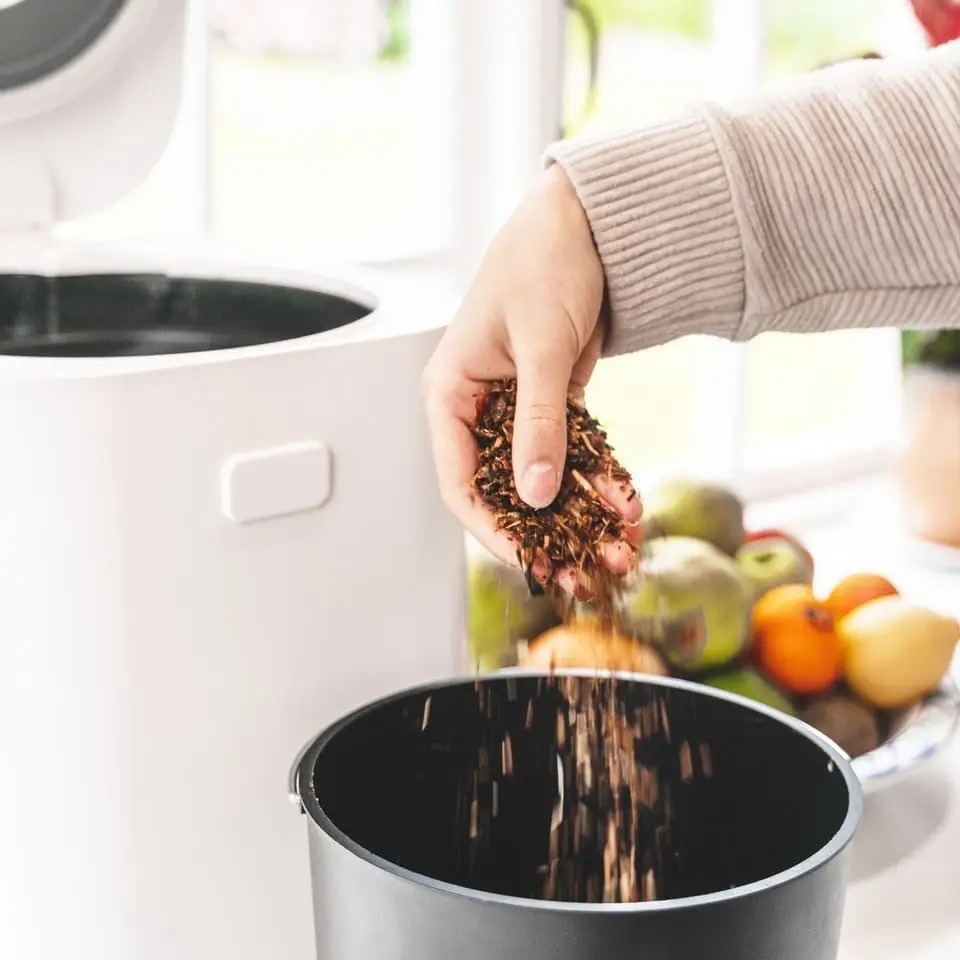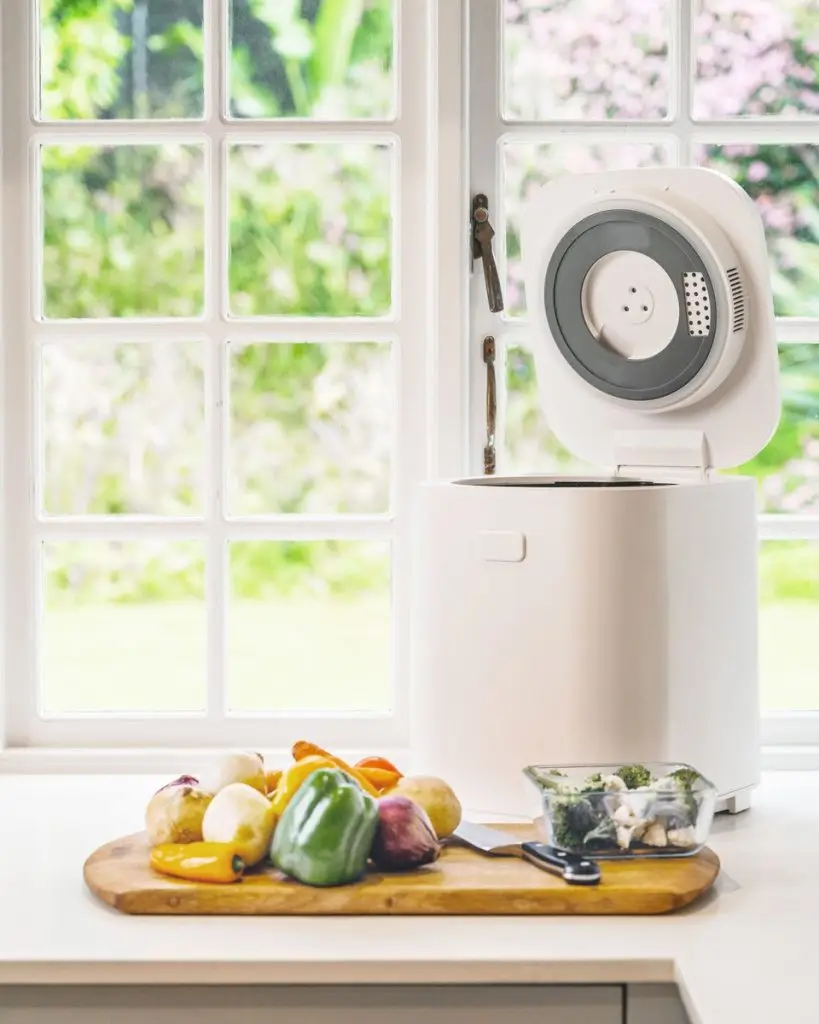A kitchen composter is a valuable tool for environmentally conscious individuals looking to reduce waste and create pre-compost for their gardens or plants. It offers a convenient and efficient way to compost food scraps and organic materials right in your kitchen. In this article, we will explore the various aspects of a kitchen composter, including its benefits, how it works, what can be composted, and how to use pre-compost.
A kitchen composter is an amazing addition to any eco-friendly household. It provides a simple and effective means of recycling kitchen waste and transforming it into pre-compost. Let’s delve into the details of a kitchen composter and discover how it can contribute to sustainable living.
Benefits: Using a kitchen composter offers several advantages, including:
Waste Reduction: By composting kitchen scraps, you divert organic waste from landfills, where it would otherwise contribute to greenhouse gas emissions. Composting helps reduce the volume of waste and promotes a more sustainable waste management system.
Pre-Compost: Kitchen composters produce pre-compost that can be used to enrich the soil in gardens, flower beds, or potted plants. This pre-compost acts as a natural fertilizer, improving soil quality, enhancing plant growth, and reducing the need for chemical fertilizers.
Convenience: With a kitchen composter, you can conveniently compost food scraps right in your kitchen. This eliminates the need for frequent trips to an outdoor composting bin and allows for easy integration of composting into your daily routine.
How It Works: Kitchen composters typically follow a simple and efficient process:
Fill: Fill your kitchen composter with all your food waste, including cooked food, meat scraps and soft bones.
Transform: Transform your food waste into pre-compost with the push of a button.
Reclaim: The internal sensors simulate and accelerate the composting process and produce a pre-compost in as little as 5 hours.
What Can Be Composted: Kitchen composters accept a wide range of organic materials, including:
• Fruit and vegetable scraps
• Cooked food
• Meat scraps
• Soft bones
• Coffee grounds and filters
• Tea bags
• Eggshells
• Dairy
Pre-compost made from a kitchen composter can be used in various beneficial ways. Here are some suggestions for what you can do with the pre-compost:

Enrich garden soil: Pre-compost is a fantastic soil amendment that adds organic matter and nutrients, improving the overall health and fertility of garden soil. You can mix the pre-compost into your existing soil before planting or use it as a top dressing around established plants. The microbes in the soil will break the pre-compost down and turn it into nutrient rich compost.
Boost potted plants: Pre-compost can be mixed with potting soil or used as a top dressing for potted plants. It helps retain moisture, provides nutrients, and improves the soil structure, promoting healthy plant growth.
Mulch around plants: Apply a layer of pre-compost as mulch around trees, shrubs, and flower beds. This helps conserve moisture, suppress weeds, and gradually release nutrients into the soil.
Feed to your worms: You can feed the pre-compost to your worm farm.
Add to your compost heap: Add to your compost heap, as the pre-compost has no odor you will not have to worry about attracting unwanted animals.
Store: If you don’t have a garden, you can store the odor free pre-compost in a container, when the container is full you can drop off at a garden waste facility where it will get taken to an industrial composting site to be turned into a nutrient rich compost.
In conclusion, a kitchen composter is a valuable tool for recycling kitchen waste and creating pre-compost. By utilizing a kitchen composter, you can reduce waste, improve soil quality, and contribute to sustainable living. With a kitchen composter, you can transform your kitchen scraps into a valuable resource for gardening and plant care.
